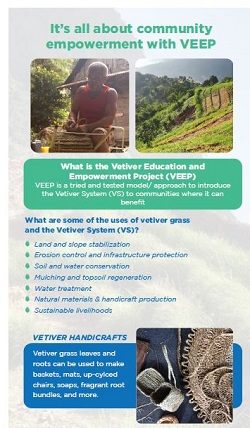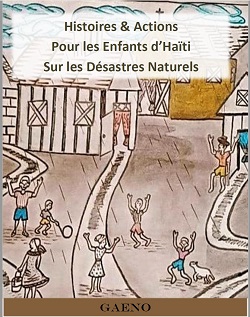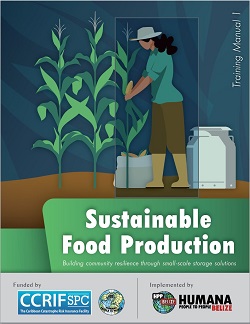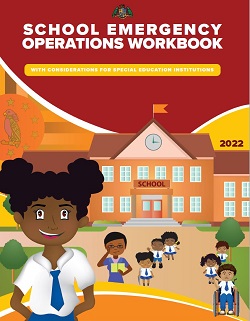CCRIF Small Grants Application Checklist
Each project proponent must complete and upload the following documents in the online platform:
- Application form (Word |PDF)
- Project Proposal Document (no longer than 10 pages) – this should document the intention of the organisation, the project activities that it intends to implement, the expected outputs and deliverables and the expected outcomes of the project. It should also include a description of the community or persons that will benefit from the implementation of the project. The letter should name any partners and describe their roles in the project. If the proposed project is part of a larger project, this must be declared and a description of the links between the larger project and the proposed project must be described. Where government agencies or other entities are providing in-kind assistance, the proposal should include a statement of support from the contributing entity.
- Information on how the outcomes of the project are related to the CCRIF mandate and how they would contribute to reducing existing and future vulnerabilities in communities must be clear. Assumptions and risks to timely project commencement, implementation or completion should be described. A description of related projects also implemented and work with other development partners should also be included.
- Identification document – this document must be up to date and must confirm the legal status of the organisation at the date of proposal submission.
- Budget – the CCRIF Small Grants Programme can fund an entire budget for a project, once it falls within the range of US$5,000 to US$25,000. However, CCRIF prefers to see a contribution towards the total project costs from the organisation and/or the beneficiary community/ies. The budget should include non-financial contributions such as volunteer work to be provided by community groups as well as in-kind contributions of the proposing organisation (e.g. use of own premises, equipment and cars to undertake the work). CCRIF is not averse to organisations receiving resources from another entity or other partners to fund components of proposed projects. All sources of funding – including funds from other entities - must be declared and explained in the budget description.The budget is expected to be simple and realistic and be quoted in United States dollars (USD). When preparing the budget, proponents should adhere to the following list of eligible cost categories (those costs that will be covered by CCRIF). Eligible costs include:
- Printing and publishing/delivery of printed/published materials
- Technical services directly related to project outputs o Tangible and intangible assets (goods or services related to the project) - e.g. purchase of trees for watershed rehabilitation; hiring community animators to be used in training workshops etc.
- Equipment and materials related specifically to project outputs (e.g. groins that may be used to control the effects of wave action that could result in beach erosion and instability; materials associated with building an artificial reef)
The following costs cannot be covered:
- Capital investments such as vehicles and computer equipment
- Applicants’ own indirect costs (e.g. utilities, telephone bills, internet costs)
- Internal costs (rent of one’s own premises, fees for one’s own work)
- Salaries or financial remuneration of employees
Proposed Timelines - a proposed project timeline and calendar must be included when preparing the project proposal and it must identify distinct project phases from the proposed start date to the implementation and project reporting and conclusion. Once a project is approved, this timeline becomes a crucial tool to CCRIF and the grantee and will allow the grantee to keep CCRIF up-to-date on all project activities being executed. Project implementation should not exceed 18 months.


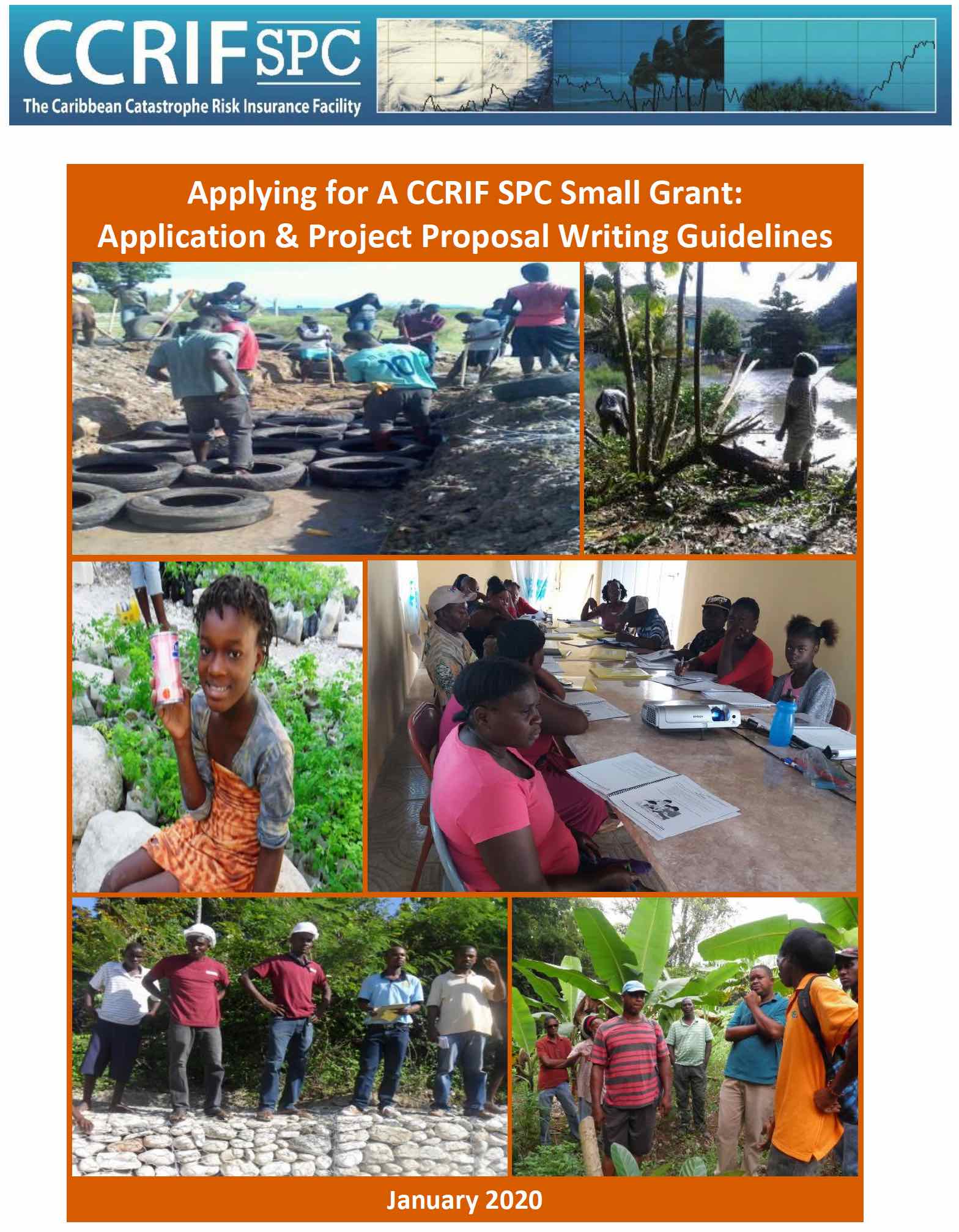



 Small Grants Proposal Submission
Small Grants Proposal Submission 